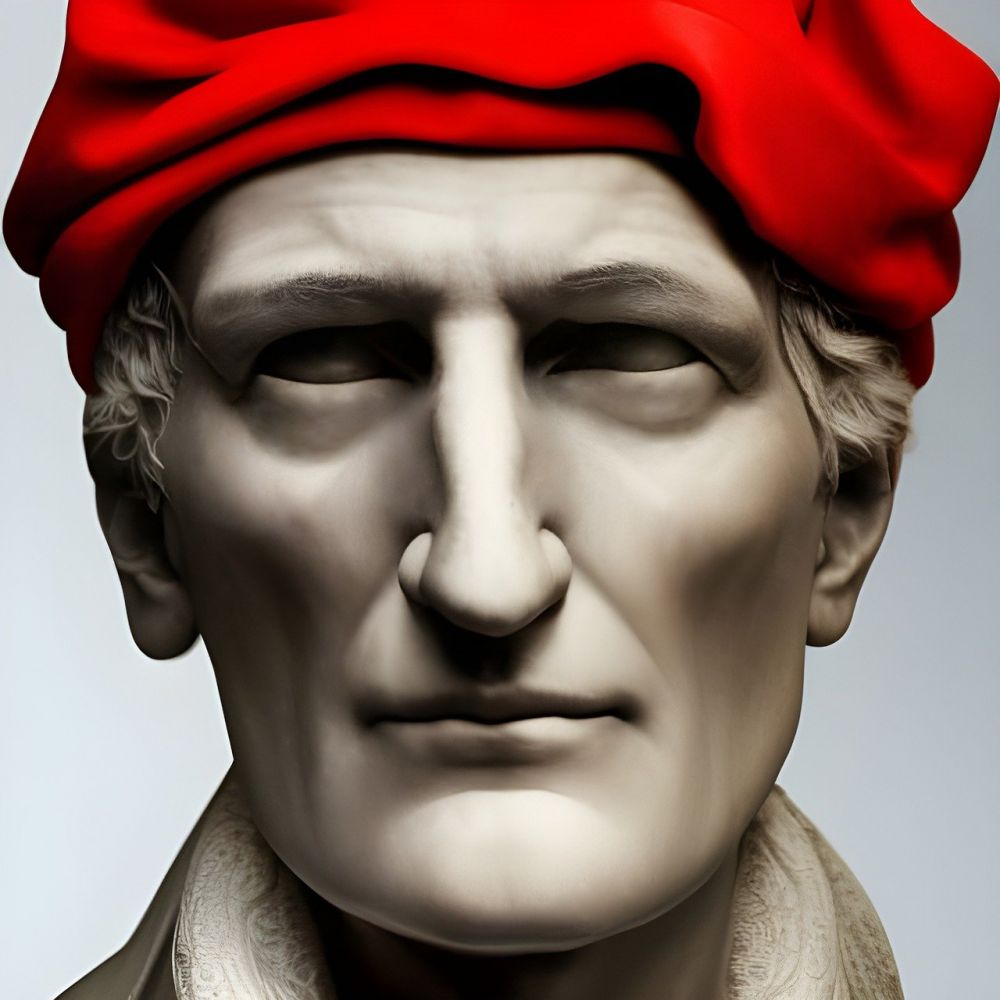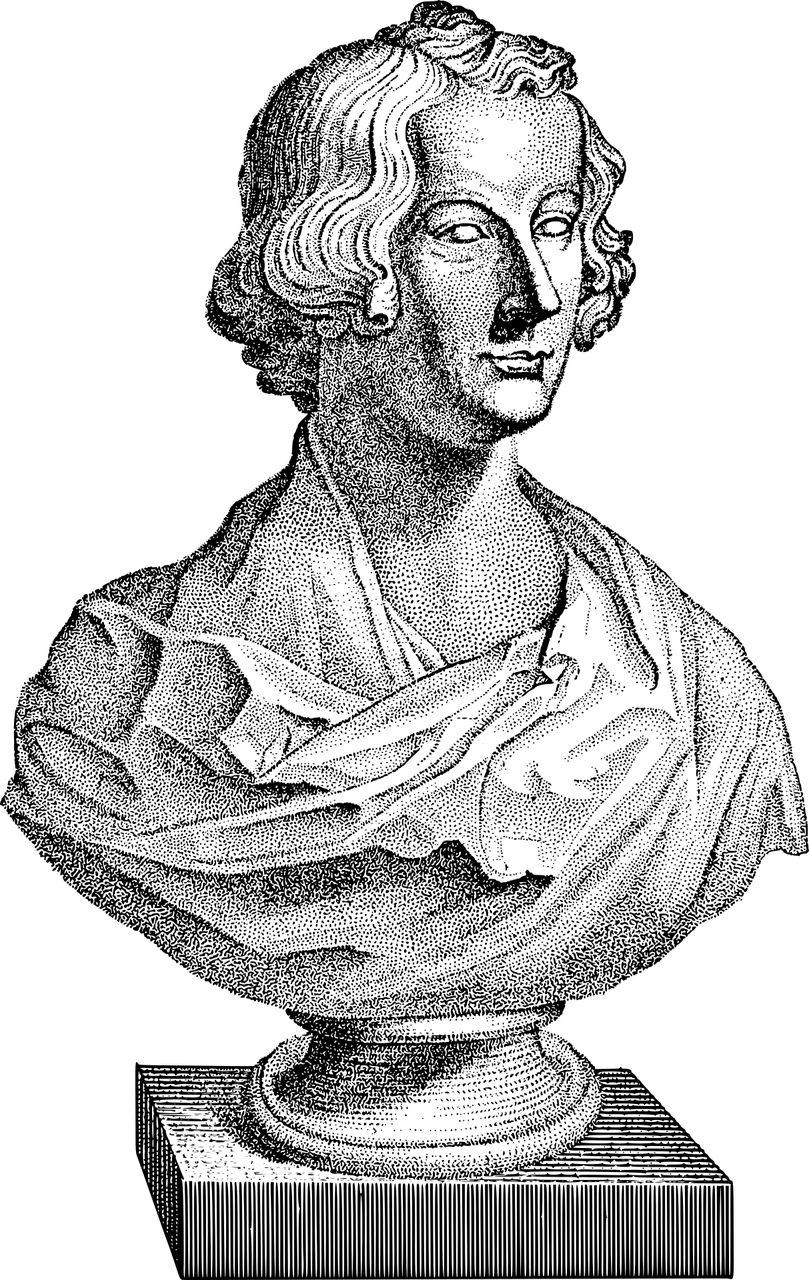Ernest Hemingway Books - A Deep Dive into the Iconic Authors Literary Works

Introduction:
Ernest Hemingway is widely regarded as one of the greatest American writers of the 20th century. His books have left an indelible mark on literature, and his unique writing style continues to captivate readers to this day. In this article, we will take a comprehensive look at Ernest Hemingway books and what makes them so significant for anyone interested in this subject.
Hemingway’s Contribution to Literature:

Hemingway’s works are characterized by his concise prose, strong characters, and his ability to convey powerful emotions with minimal words. His books often explore themes of masculinity, war, love, and the human condition. In addition, Hemingway’s writing style, known as the “Iceberg Theory,” relies on the omission of unnecessary details to create a deeper impact on readers. By stripping away excess, Hemingway’s books dive straight into the core of the narrative, leaving readers to draw their conclusions.
Historical Evolution of Hemingway’s Books:
1. The Early Years:
Ernest Hemingway’s literary career began in the 1920s with his first novel, “The Sun Also Rises.” This groundbreaking work introduced readers to Hemingway’s distinctive style and explored the post-war disillusionment felt by the “Lost Generation.” The novel’s vivid depiction of the expatriate lifestyle in Paris and Pamplona established Hemingway as a leading voice of his generation.
2. A Farewell to Arms and For Whom the Bell Tolls:
Hemingway’s next notable works, “A Farewell to Arms” and “For Whom the Bell Tolls,” further solidified his reputation as a master storyteller. “A Farewell to Arms” explores the horrors of World War I and the complexities of love in a time of conflict. Meanwhile, “For Whom the Bell Tolls” delves into the Spanish Civil War and portrays the struggle between duty and personal beliefs. Both novels became instant classics, garnering critical acclaim and cementing Hemingway’s place in literary history.
3. The Old Man and the Sea:
Published in 1952, “The Old Man and the Sea” stands as one of Hemingway’s most celebrated works and earned him the Pulitzer Prize for Fiction. This novella tells the story of an aging Cuban fisherman named Santiago and his relentless battle to catch a giant marlin. The narrative’s exploration of perseverance, survival, and man’s struggle against nature captured the hearts of readers worldwide.
4. Hemingway’s Short Stories:
Throughout his career, Hemingway also crafted numerous short stories showcasing his mastery of the form. His collections, including “Men Without Women” and “The Snows of Kilimanjaro,” are exemplary works of concise storytelling. These stories often delve into personal introspection, exploring themes of regret, mortality, and the complexities of human relationships.
Conclusion:
Ernest Hemingway’s books have left an indelible mark on literature, and his unique writing style continues to inspire writers today. From his early works to his iconic novella, Hemingway challenged literary conventions and created a legacy that still resonates with readers. His portrayal of the human condition, combined with his unparalleled storytelling abilities, make his books a must-read for anyone interested in the power of words and the art of storytelling.